Do you dread going to the dentist? You’re not alone. Fear of dental treatment, also known as dental phobia or odontophobia, is recognised by the WHO. According to a survey, 48% of people are afraid of visiting the dentist, with more women (55%) reporting fear than men (40%). The 24-35 age group is most likely to experience dental anxiety and to seek advice and sedatives from their dentist to manage their phobia
A study published in the journal Anesthesia Progress found that fear of the dentist is consistently ranked as the number one or two most common fear. It is sometimes associated with other phobias like vertigo, fear of flying, or claustrophobia. The roots of dental fear are deeply embedded in the public psyche, dating back to the days of crude dental extractions. However, thanks to modern medical and technological advances, this fear is no longer justified. Today’s dental practices are well-equipped to accommodate anxious patients. Here we’ll explore the history of dental phobia and the best strategies to overcome it.
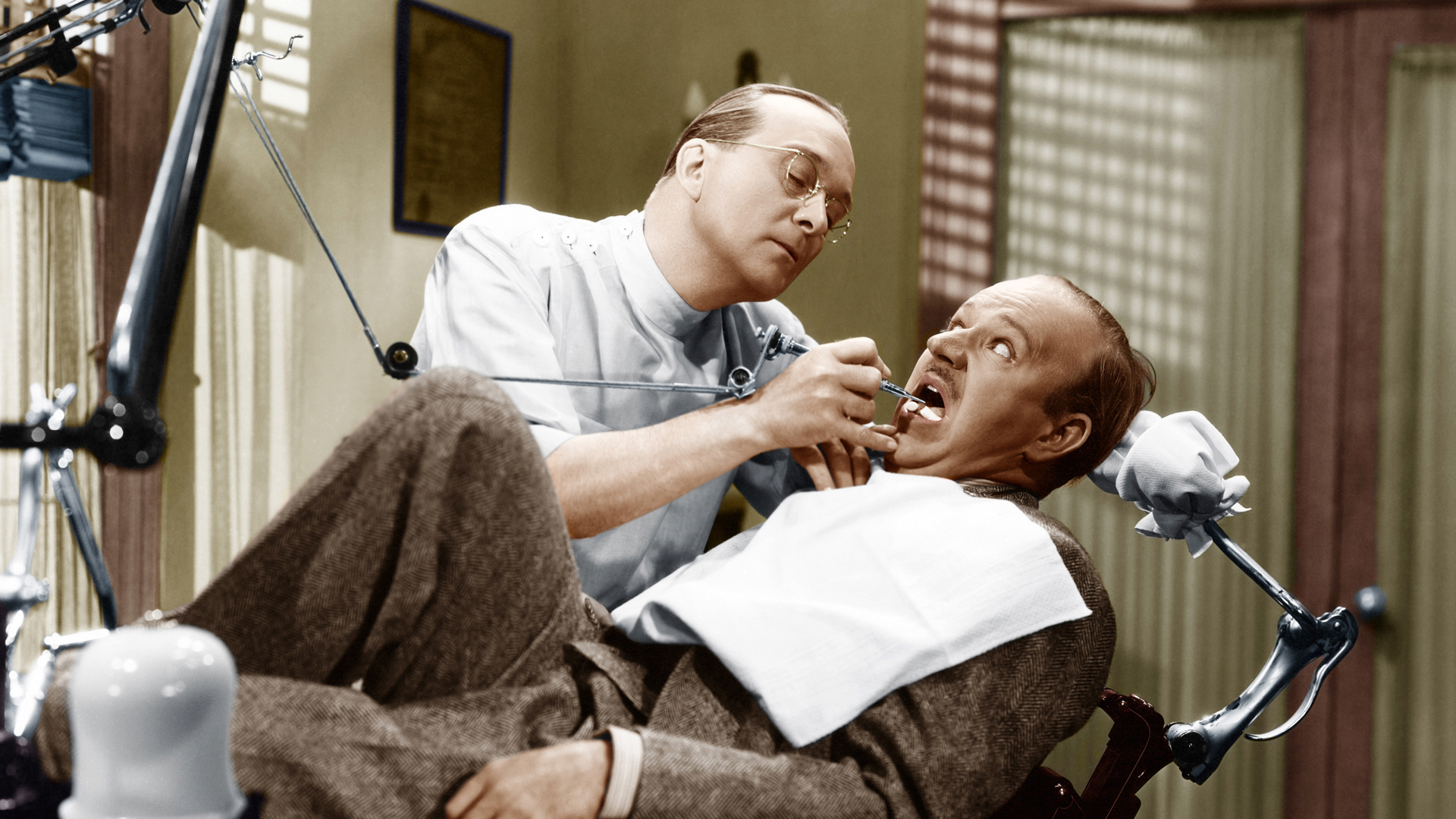
Causes of Dental Phobia
Fear of the dentist has a long history in the public consciousness. The story of the martyrdom of Saint Apollonia, now the patron saint of dentistry, is a particularly gruesome depiction in religious art. According to the tale, Apollonia was tortured by persecutors in 3rd century Alexandria who wanted to force her to renounce her Christian faith. They smashed her teeth with rocks and pulled them out before throwing her alive onto a pyre.

The “tooth-drawer” of the Middle Ages and Renaissance was also a dreaded figure, often portrayed in art and literature using large forceps to wrench teeth from the mouths of unfortunate patients.

In modern times, the causes of dental fear are more varied. Patients may be afraid of invasive procedures, pain, anaesthetic injections, the unpleasant sounds of dental tools, the sight of blood, or the characteristic smells and tastes of dental products. For some, dental phobia stems from a traumatic childhood experience at the dentist’s office.
It’s understandable that dental equipment can be intimidating, as the mouth is a vulnerable area filled with sensitive nerve endings that are crucial for breathing, speaking, and eating. Specific triggers for dental anxiety may include:
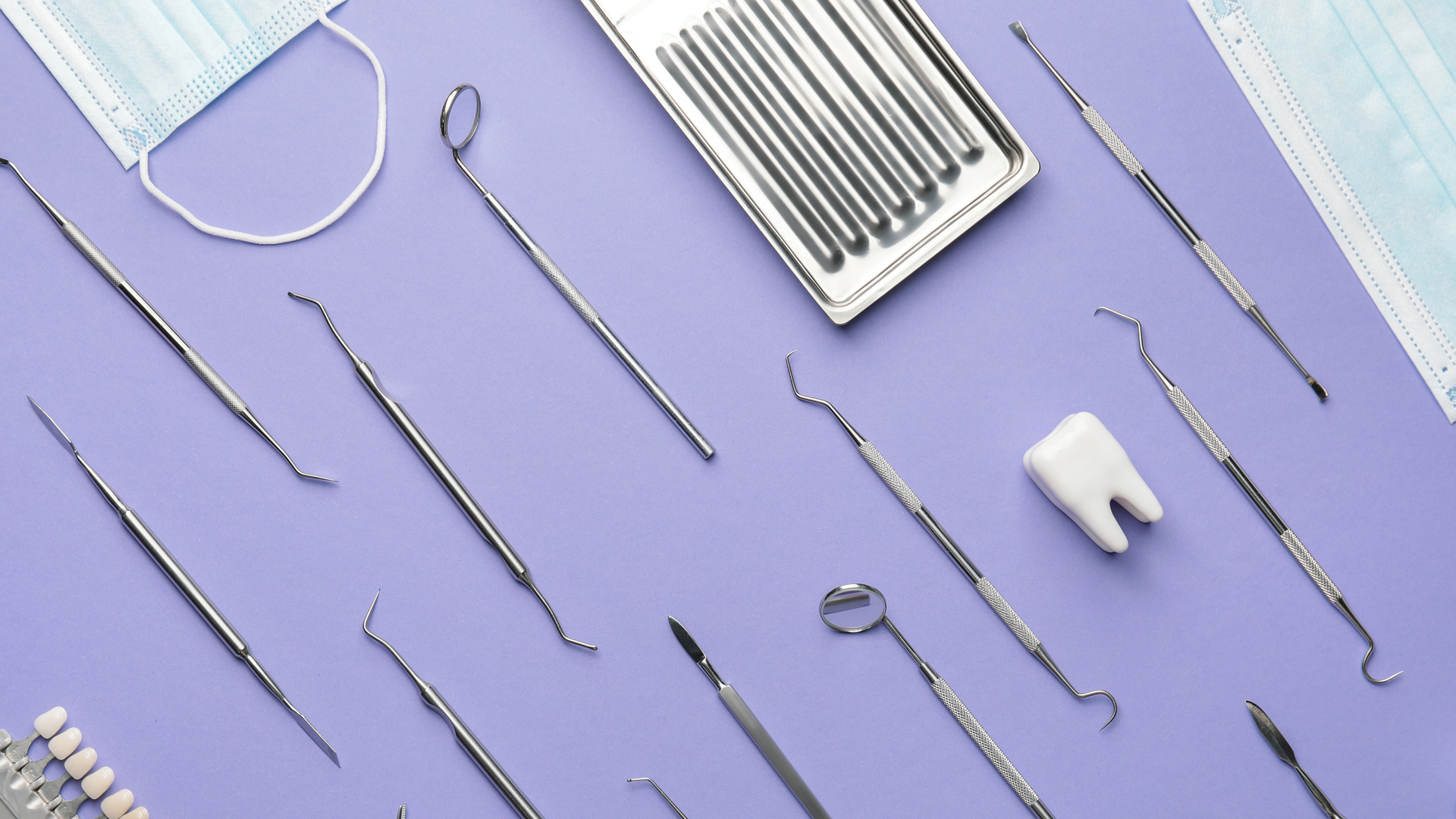
- The dental dam, a thin rubber sheet placed over the mouth, which can feel suffocating and make patients worry they won’t be able to breathe or communicate discomfort
- Dental impression trays, which can obstruct the mouth and trigger a gag reflex
- The water spray, which may elicit a drowning sensation and even aquaphobia in children or adults if suction isn’t used effectively
- L’appréhension générale du cadre médical, la promiscuité avec le praticien et le sentiment d’être totalement à sa merci, telle une vulnérabilité physique et psychologique que peut ressentir le patient, peuvent aussi nourrir cette peur.
- The medical environment itself, being in close proximity to the dentist, and feeling physically and psychologically vulnerable
Patients with dental phobia are more likely to put off dental visits, leading to poorer oral health on average. The main consequence of avoiding the dentist is neglecting preventive care and allowing dental issues to worsen. Untreated tooth decay can quickly progress to pulpitis and periodontitis, risking tooth loss and extensive restorative work like dentures, dental implants, or bone grafts.
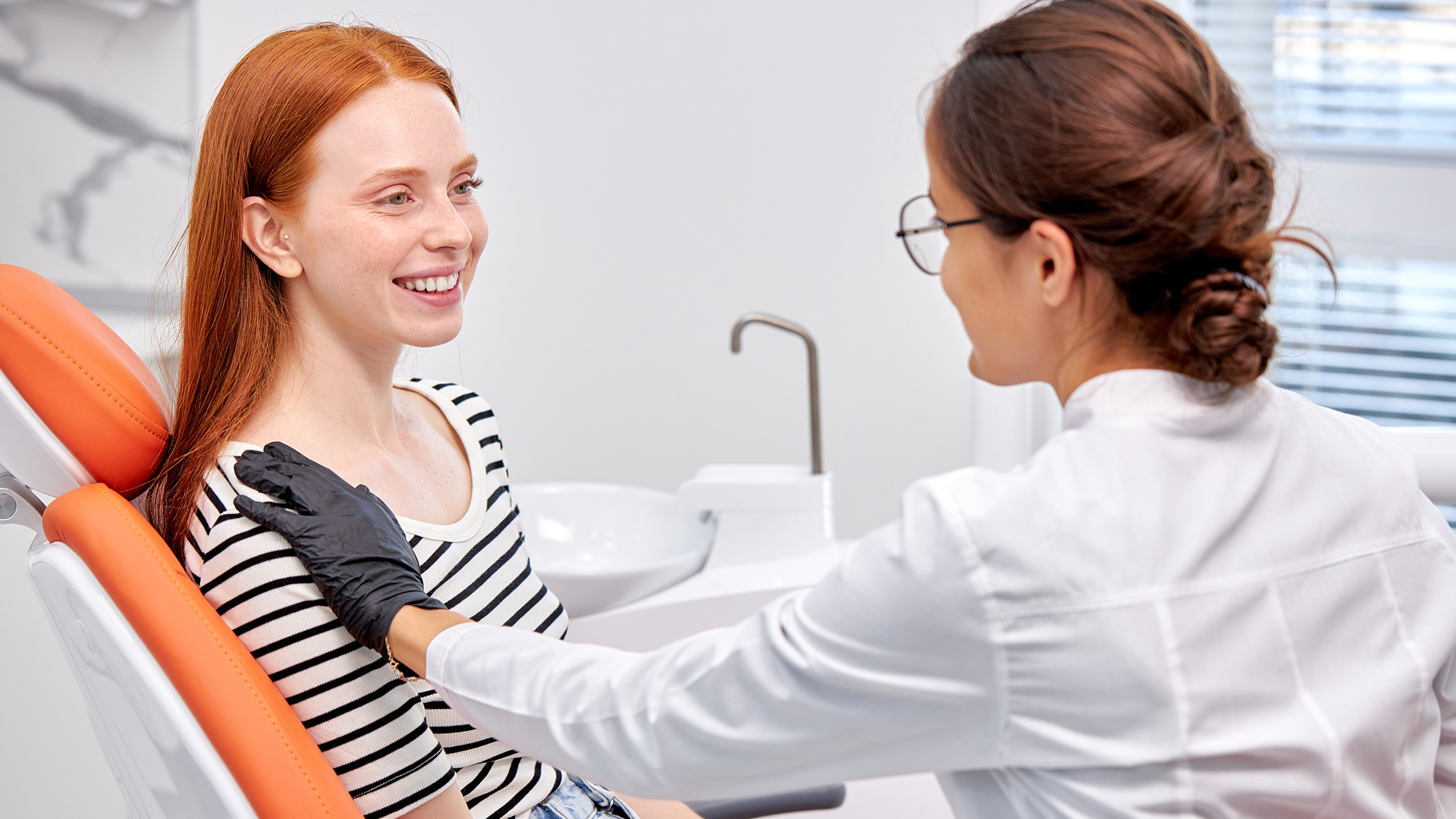
Dental anxiety often manifests as sweating, rapid heartbeat, tensing up, crying, or last-minute appointment cancellations. The first step to managing this fear and accepting necessary treatment is to communicate openly with your dentist. While few people enjoy dental visits, a trusting patient-dentist relationship allows for a better experience and outcome.
Patient Stories
Many patients with dental phobia go years without regular dental care, becoming what dentists call “unassigned patients.” In severe cases, a lifetime of dental neglect can lead to complete tooth loss. These patients bravely share their stories here.
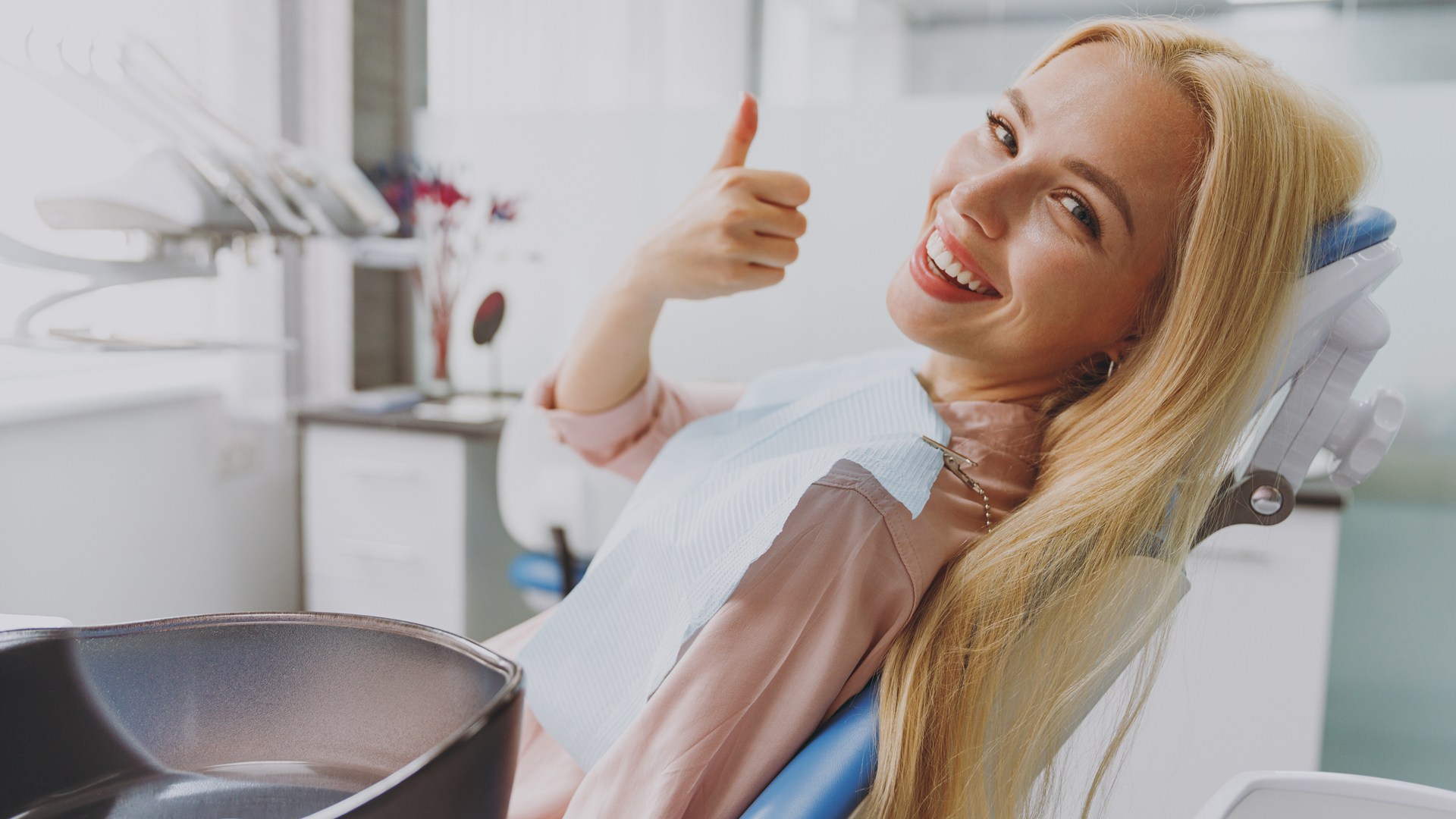
Laeticia’s story: Dental Crowns, Implants, and Gummy Smile
“Hello, my name is Laetitia, and I come from Le Havre. I came to Body Expert because, following an orthodontic treatment when I was young, my teeth were damaged and aged poorly. As a result, I had some gray shades on my teeth and was very self-conscious about them. So, I came to Body Expert to have my teeth redone and to get a bridge. I got an implant and 22 crowns finished in Emax. 0.5 is the shade I chose with advice from Gamze, who accompanied me throughout my stay. We are well taken care of. I didn’t feel any pain. They are very gentle when taking care of us, unlike in France where I have bad memories. I was afraid of going to the dentist, and I was scared at that moment too. But it was just apprehension because I didn’t feel any pain at all. I was able to enjoy my stay with my daughter and my partner. I was able to do lots of things in parallel with my treatments, so it really went very well.”
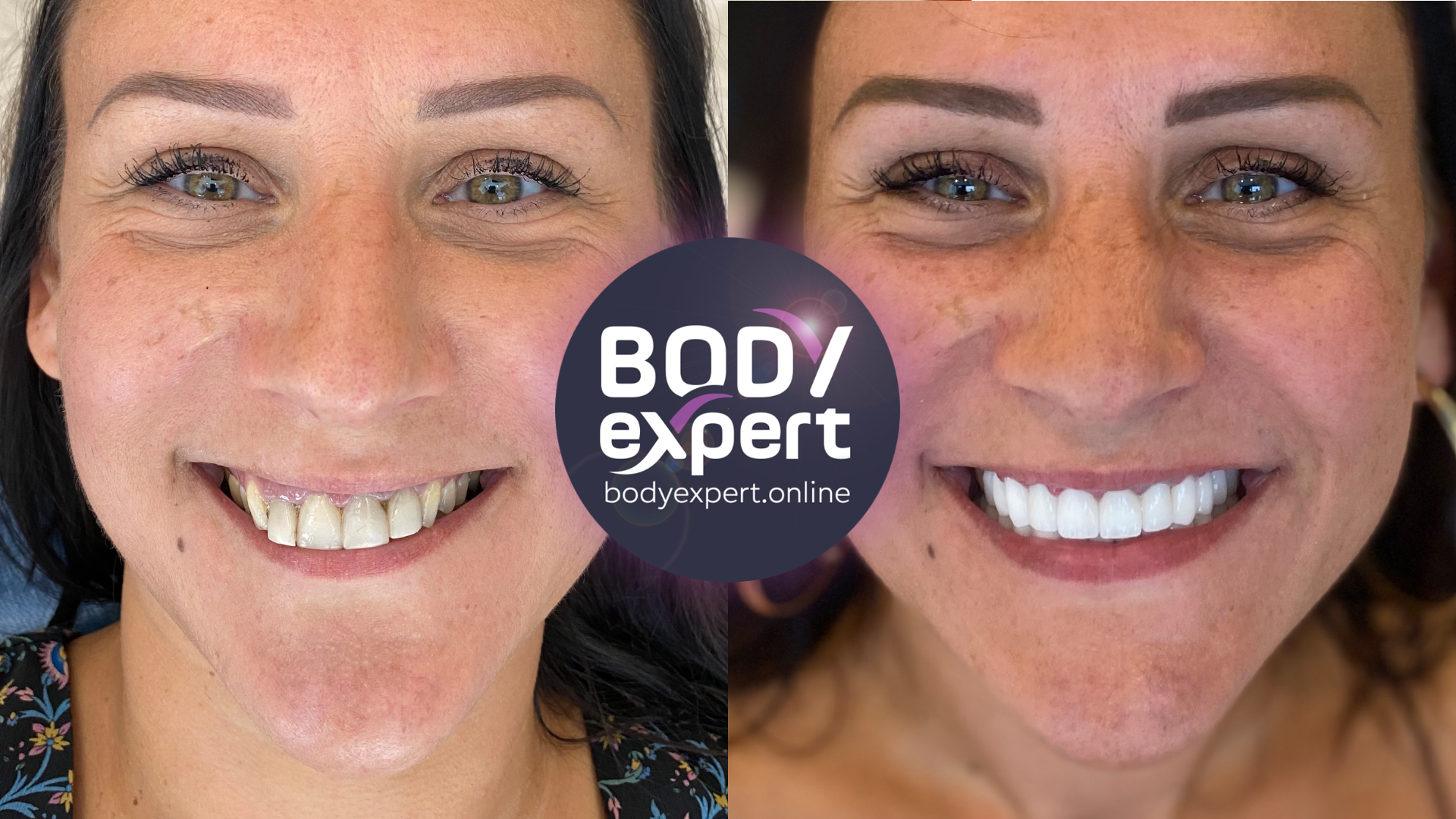
Testimony of Lila: Facets
“Hi, I’m Lila. I came to Body Expert to get my veneers done. You’ve heard a lot about Body Expert on social media! My friends who came influenced me a lot. I was very impressed by the quality of their veneers. It’s impressive. I received a very warm welcome. A driver picked me up from the airport. They took me back to the hotel. They came to pick me up for my treatments. So really, it was perfect. I was received by a very professional team. Now, I can’t wait to see the result. I’m eager to see the quality of my veneers that are handmade with an IMAX finish. I didn’t have any pain! I’m usually a bit of a wimp, so it’s true that I’m a bit afraid of the dentist, but in this case, I didn’t have any pain, he was careful with everything. The doctor is very good, he’s even exceptional. He told me every time: “If you have the slightest doubt, the slightest thing, just raise your hand.” I didn’t even raise my hand once. I was able to enjoy Istanbul a bit because it’s a magnificent city, full of places to visit. There are museums, lots of cultural places, restaurants… The city is very beautiful. The people are welcoming, warm. I’m very satisfied, my teeth are very beautiful. I enjoyed life and took a holiday at the same time, so I’m very happy. Thank you so much, Body Expert.”
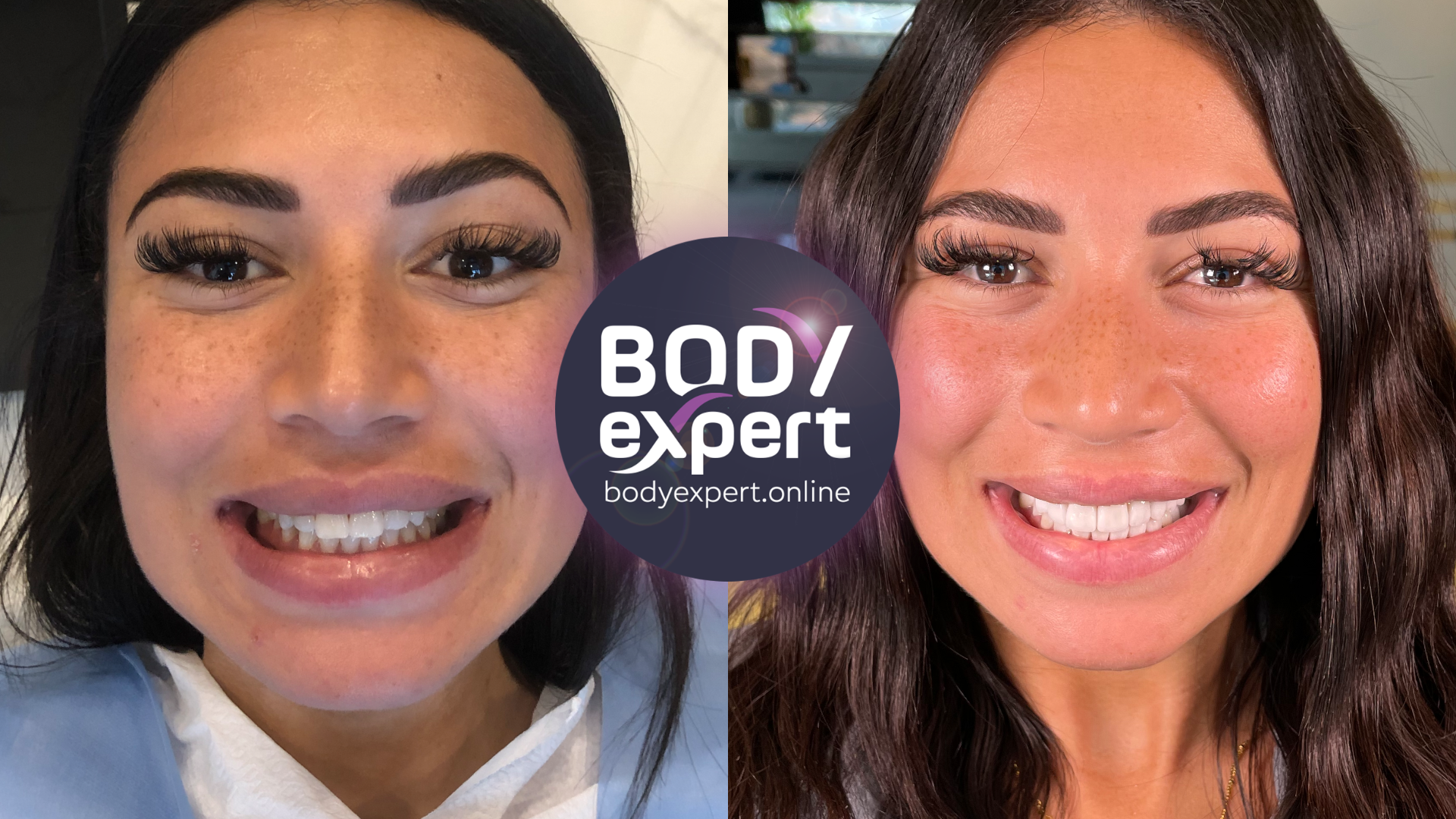
Laurent’s story: Crowns, implants and a gummy smile
“Hello, I’m Laurent, I’m 31 years old, and I come from the South-East of France, in the Toulouse region. I got to know Body Expert through social media and two friends. So, I came here to Istanbul to get 7 implants and 28 crowns, as well as a gummy smile correction and a bone graft. It was done over two trips. Everything went very well. The hotel staff is very welcoming. The Body Expert team is very warm and very human. That’s it. If I had to do it all over again, I would do it with my eyes closed. A little advice for all those who are afraid to take the step: honestly, do not hesitate, they are there to guide you, to reassure you. And there you go, everything is top-notch.”
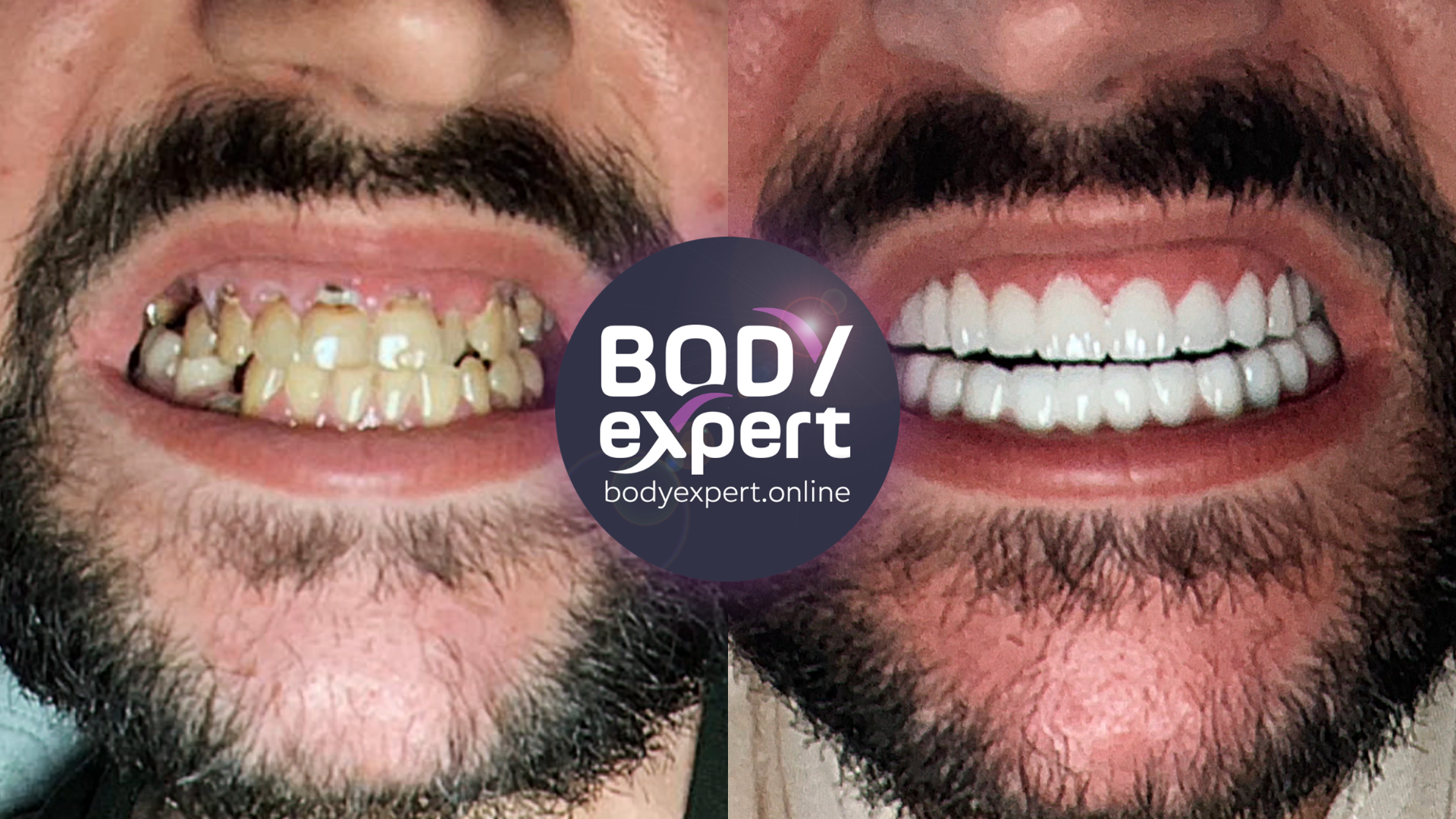
Solutions and Advice to Overcome Dental Phobia
If you struggle with a fear of the dentist, there are many coping strategies you can use before, during, and after your appointment. Dental professionals today are trained to help anxious patients relax, but it’s important to establish trust and open communication with your dentist from the beginning.
Before Your Appointment
- Discuss your fears openly with a dentist who is experienced in treating dental phobia. Many offer relaxation techniques, aromatherapy, soft music, or ceiling-mounted TVs to create a calming environment.
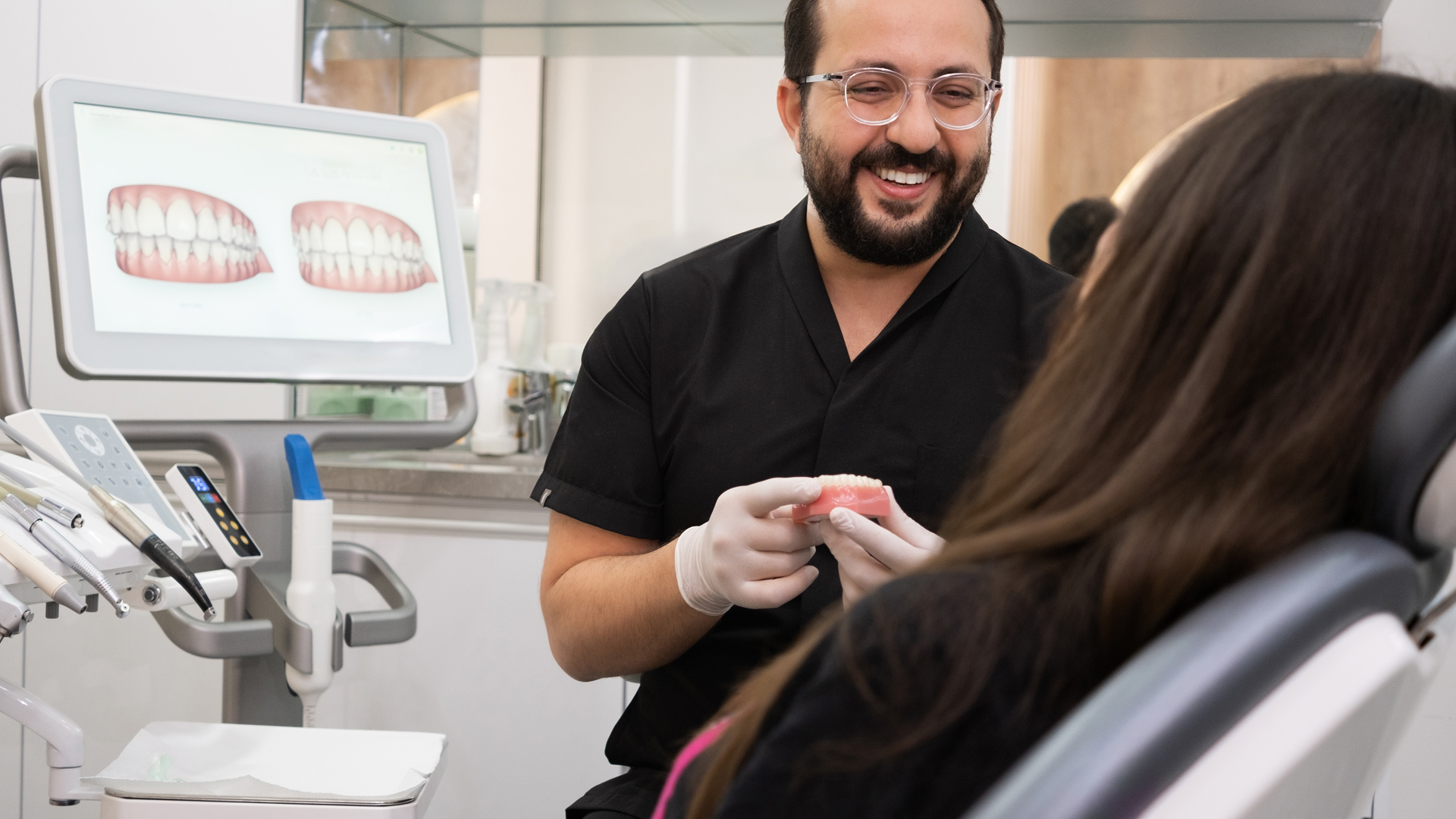
- Mentally prepare by visualising a positive dental visit. Use relaxation methods like meditation, tai chi, or yoga.
- Practice deep breathing to ease anxiety in the waiting room.
- Listen to music or watch something humorous to relax before and during treatment.
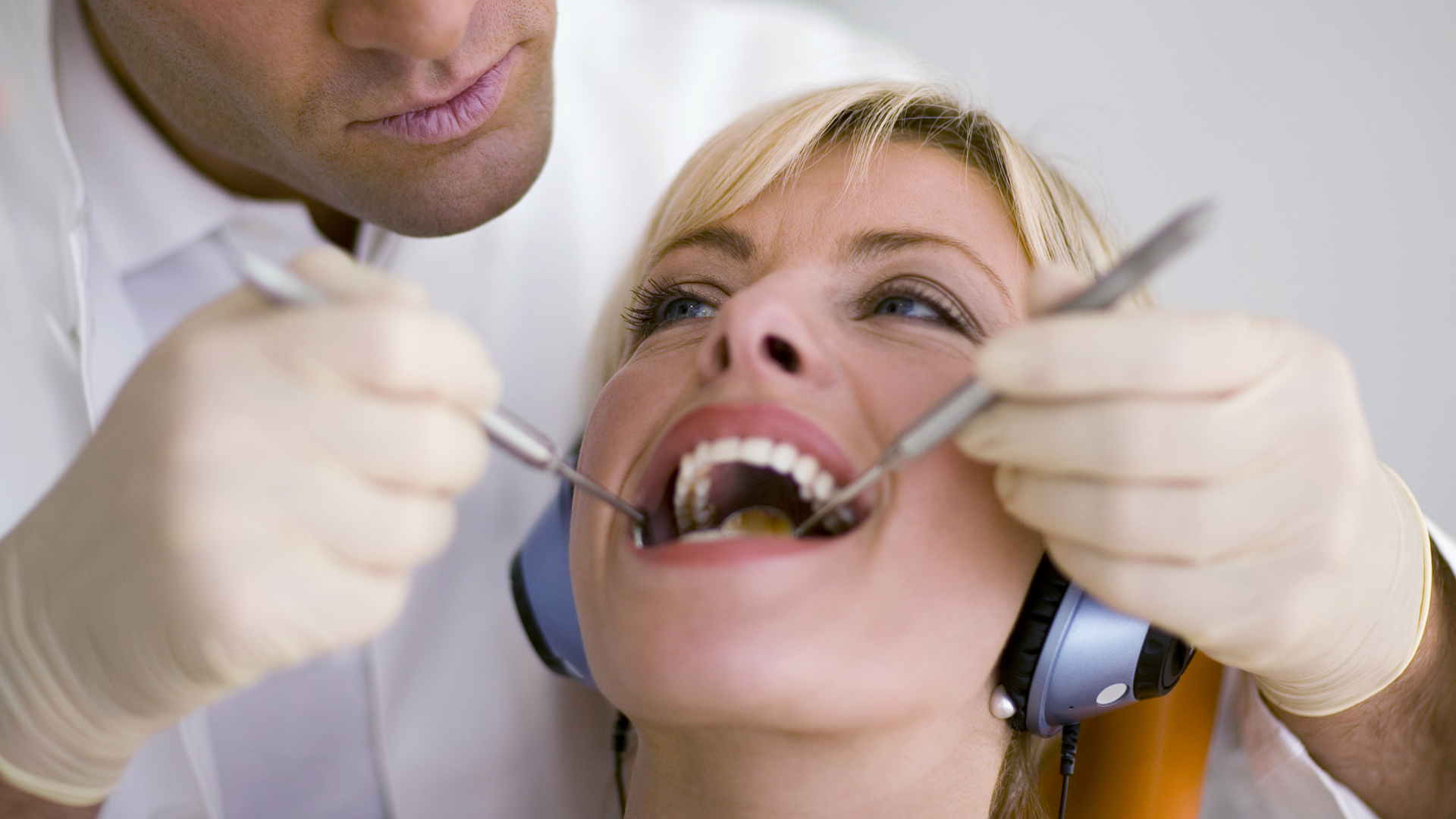
- Remember that modern dentistry is often painless, with only brief discomfort from anaesthetic injections.
- Bring a supportive friend or family member to your appointment.
During Your Appointment
- Consider conscious sedation with nitrous oxide gas, which has been safely used for over 150 years to reduce pain and anxiety without the need for an anaesthetist. Discuss your medical history and any side effects with your dentist.
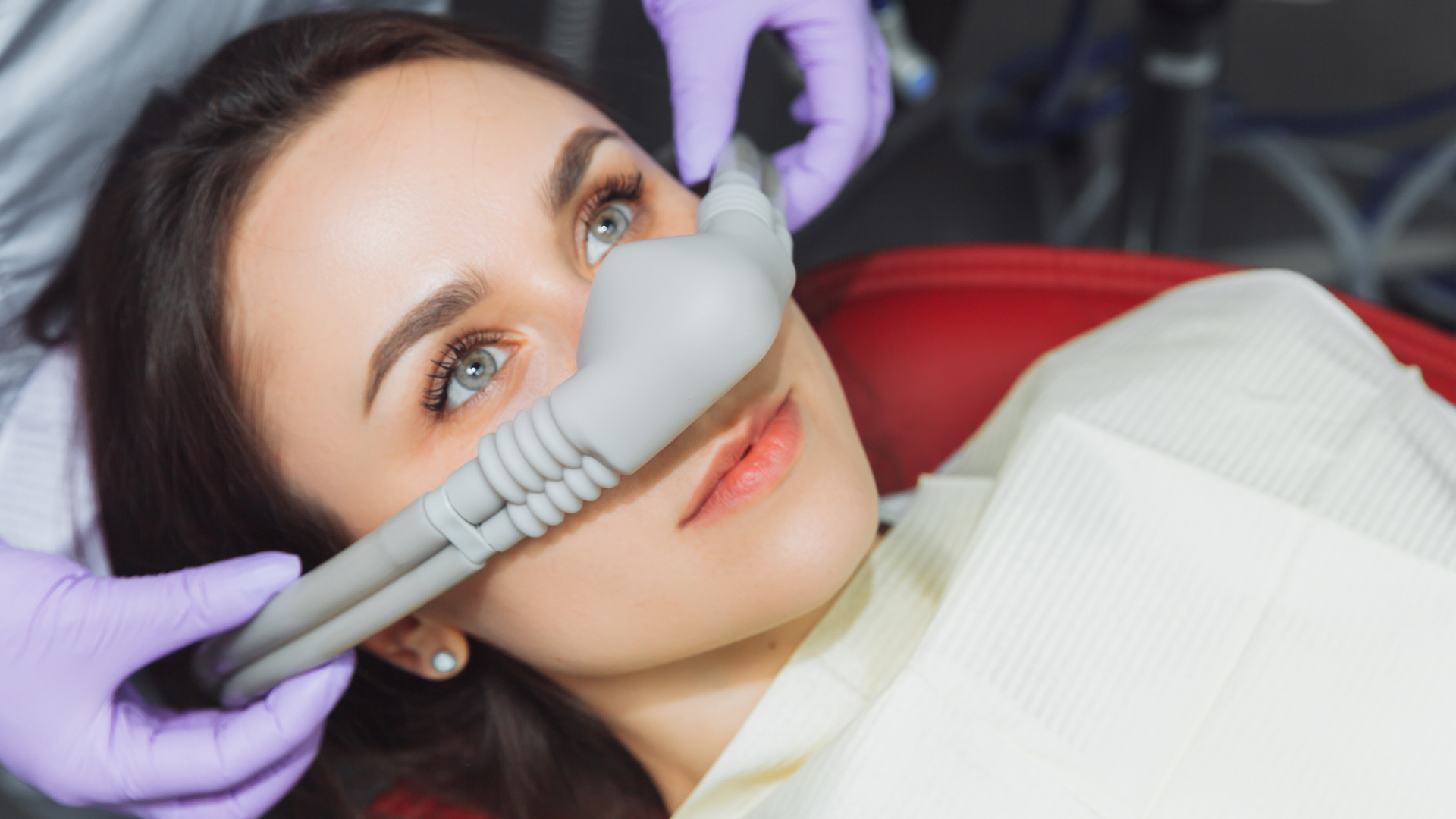
- For more intensive treatments, IV conscious sedation using anti-anxiety and pain relieving medications can help you relax while remaining awake. This is combined with local anaesthetic so you feel nothing during the procedure and retain only a vague memory afterwards, making future visits less stressful.
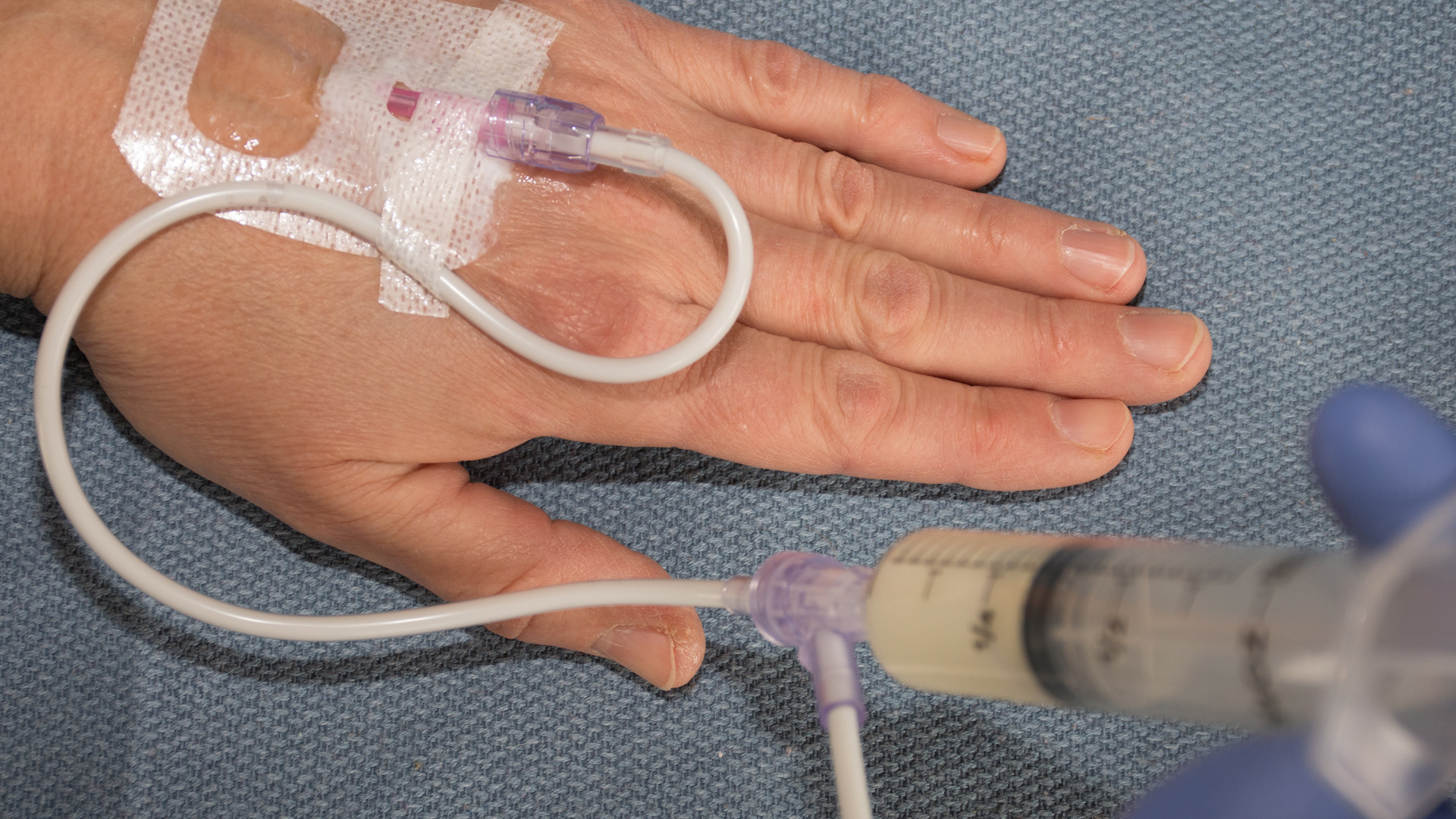
- Some dentists offer hypnosis to help patients enter a deeply relaxed state between wakefulness and sleep. You tune out the sounds of dental work and focus only on the hypnotist’s voice. This can slow saliva flow and bleeding, sometimes eliminating the need for local anaesthetic and speeding healing.
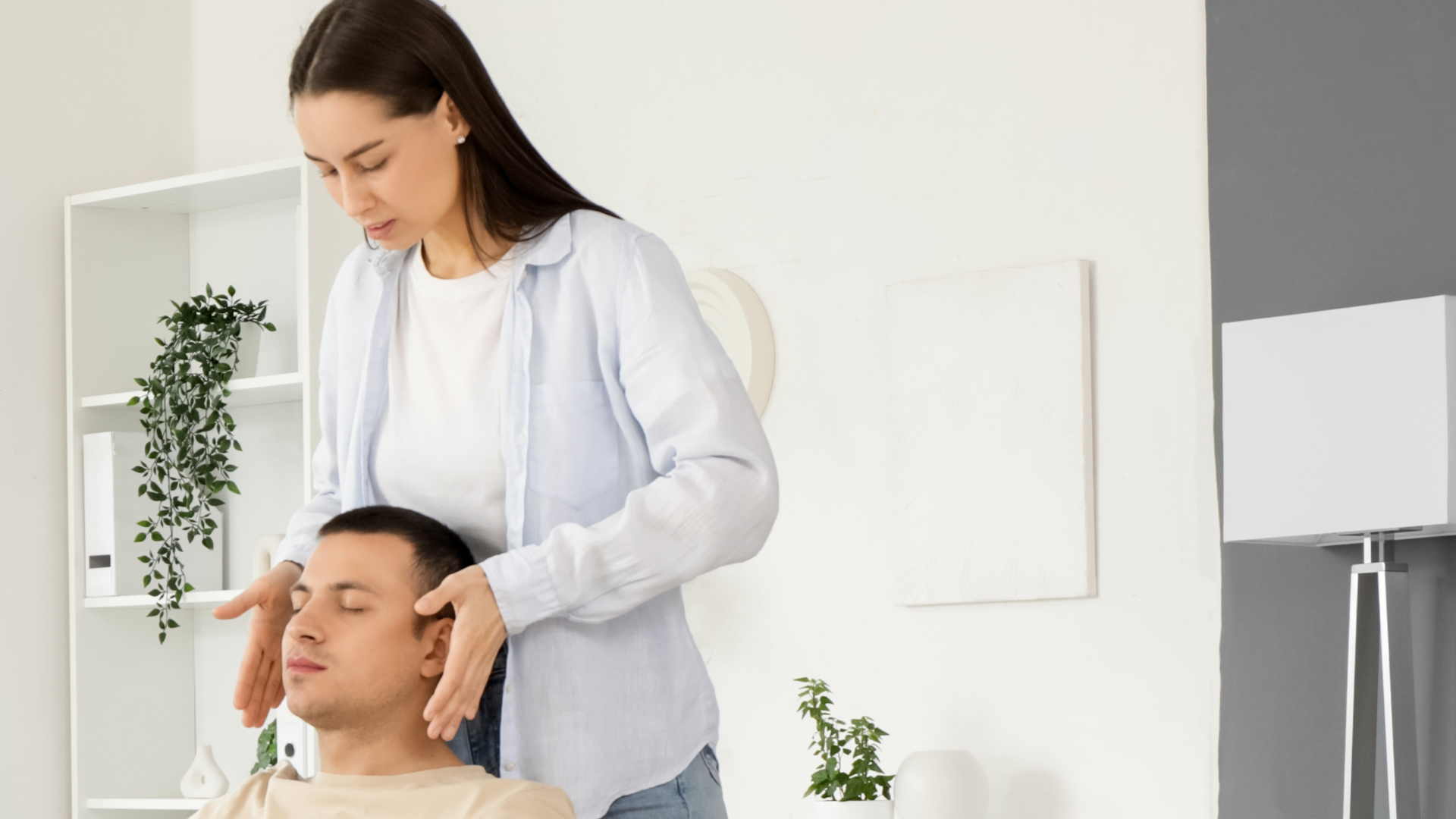
For Severe Phobias
- General anaesthesia may be used for severe anxiety, particularly during lengthy procedures like multiple extractions, implants, or bone grafts. This requires a surgical setting, consultation with an anaesthetist, and a longer recovery.

- Cognitive behavioural therapy (CBT) can help you reframe negative thoughts and confront dental phobia gradually using techniques like breathing exercises and virtual reality exposure. CBT is typically covered by the NHS when provided by a GP, psychiatrist, or psychologist.

After Your Appointment
For dental phobia sufferers, getting through that first appointment after years of avoidance is a huge accomplishment. It’s a chance to start rebuilding confidence, commit to regular dental care, and restore your oral health and smile.
Patients who conquer their dental fears are more likely to maintain ongoing hygiene visits and preventive care. The final goal is to instil a positive attitude towards dentistry and motivate consistent self-care at home, with the understanding that routine checkups and cleanings with a trusted dentist are the key to lifelong dental health.
3832 vues
0 commentaires
0


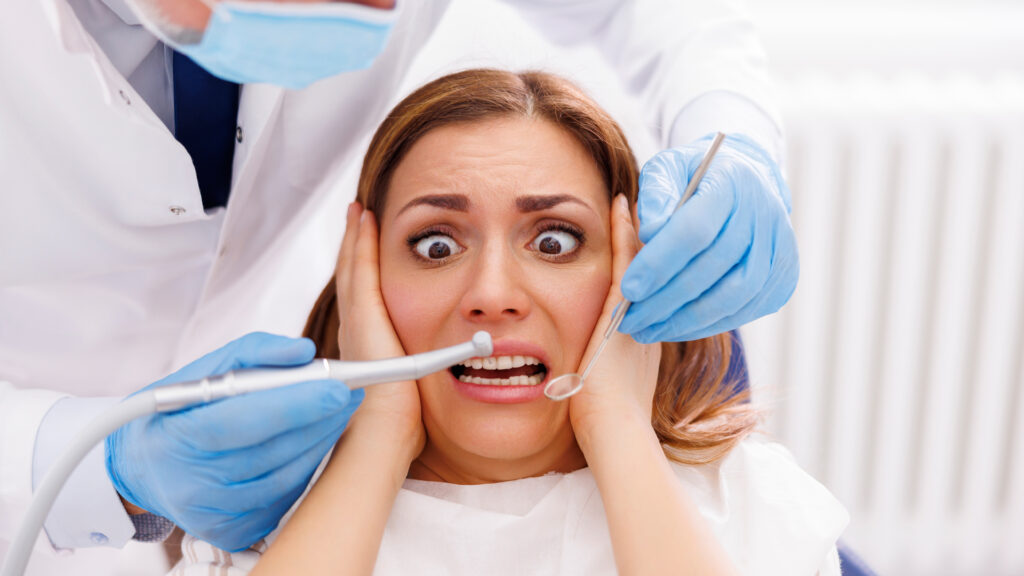
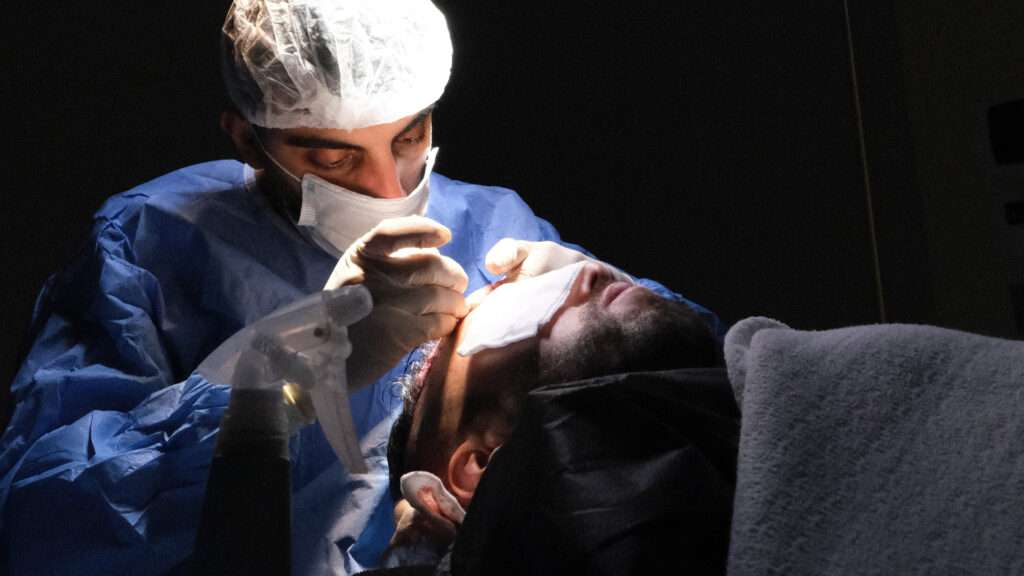
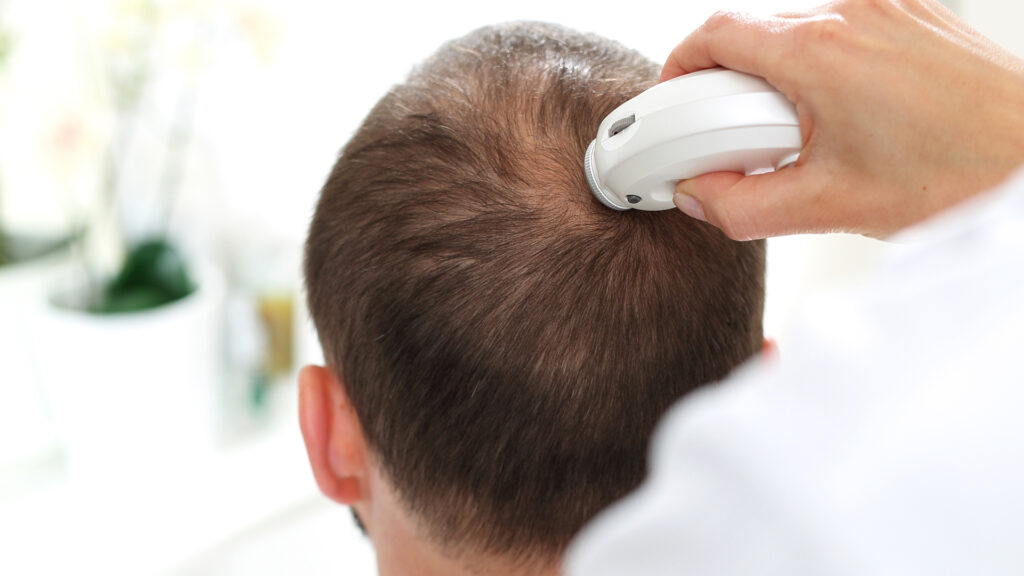

Il n'y a pas de commentaires pour le moment.